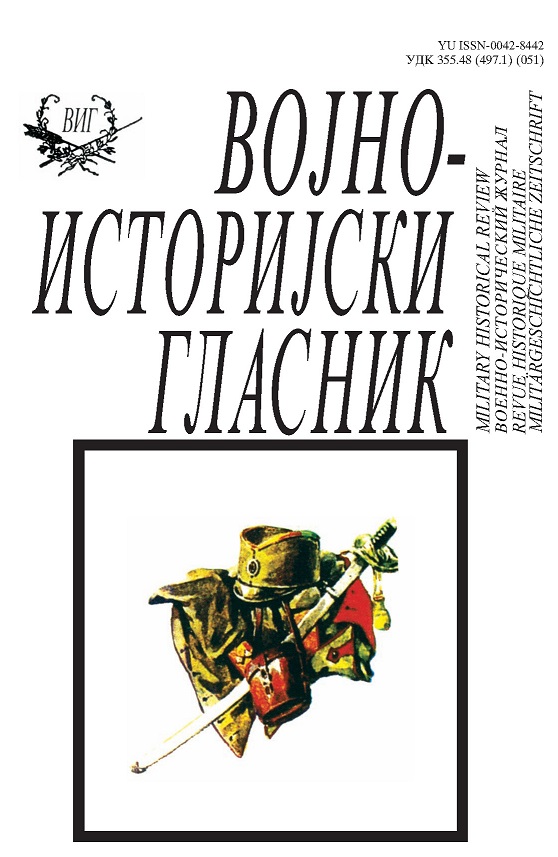О Швабама и комитаџијама: друштвена структура и живот у окупираном Београду (1915–1918)
About Švabas and Komitadschis: Social Structure and Life in Occupied Belgrade (1915–1918)
Author(s): Tamara ScheerContributor(s): Miljan Milkić (Translator)
Subject(s): Civil Society, Military history, Social history, Pre-WW I & WW I (1900 -1919), Sociology of Politics, Peace and Conflict Studies
Published by: Institut za strategijska istraživanja
Keywords: Švabas; Komitadschis; social structure; everyday life; occupied Belgrade; 1915-1918; civilians; officers;
Summary/Abstract: Belgrade was occupied by Austro-Hungarian military forces from the end of 1915 to 1918. Depending on the fact that implemented measures and restrictions had been part of many other studies, this paper focuses in particular on daily life and social structures. The study bases on daily orders of the city’s command, as well as official documents of other levels of the administration, but also on biographical sources and articles in magazines. The Serbian and during this period also capitol of the k. u. k. Militärgeneralgouvernement (military general government) can be identified as a ’pseudo-peace’ environment. As a result of thousands of internments of inhabitants it was peaceful enough to give permission to the Austro-Hungarian officers and civil officials to bring their families, but also to engage female support staff. While the military administration had to fulfill back area’s duty, they had to keep an additional eye on wives and children, cinemas and amours. Depending on the army system of ’absolute subordination’ the society was split into two groups: officers and those who gain the same comfort and ’the others’. However, this environment stimulated frictions on an additional level. Another question is, if this ’pseudo-peaceful’ environment led to a more intensive contact between occupiers and occupied. In addition some historians deny any legacy after war ended, but contacts already established among Belgrade’s different inhabitants. For example a Serbian (POW) military doctor and the Austrian published an article together on new ways to combat malaria. Often repeated orders which prohibited intensive contact between upper class Serbs and Austrians had been evident.
Journal: Vojnoistorijski glasnik
- Issue Year: 2009
- Issue No: 2
- Page Range: 30-54
- Page Count: 25
- Language: Serbian

